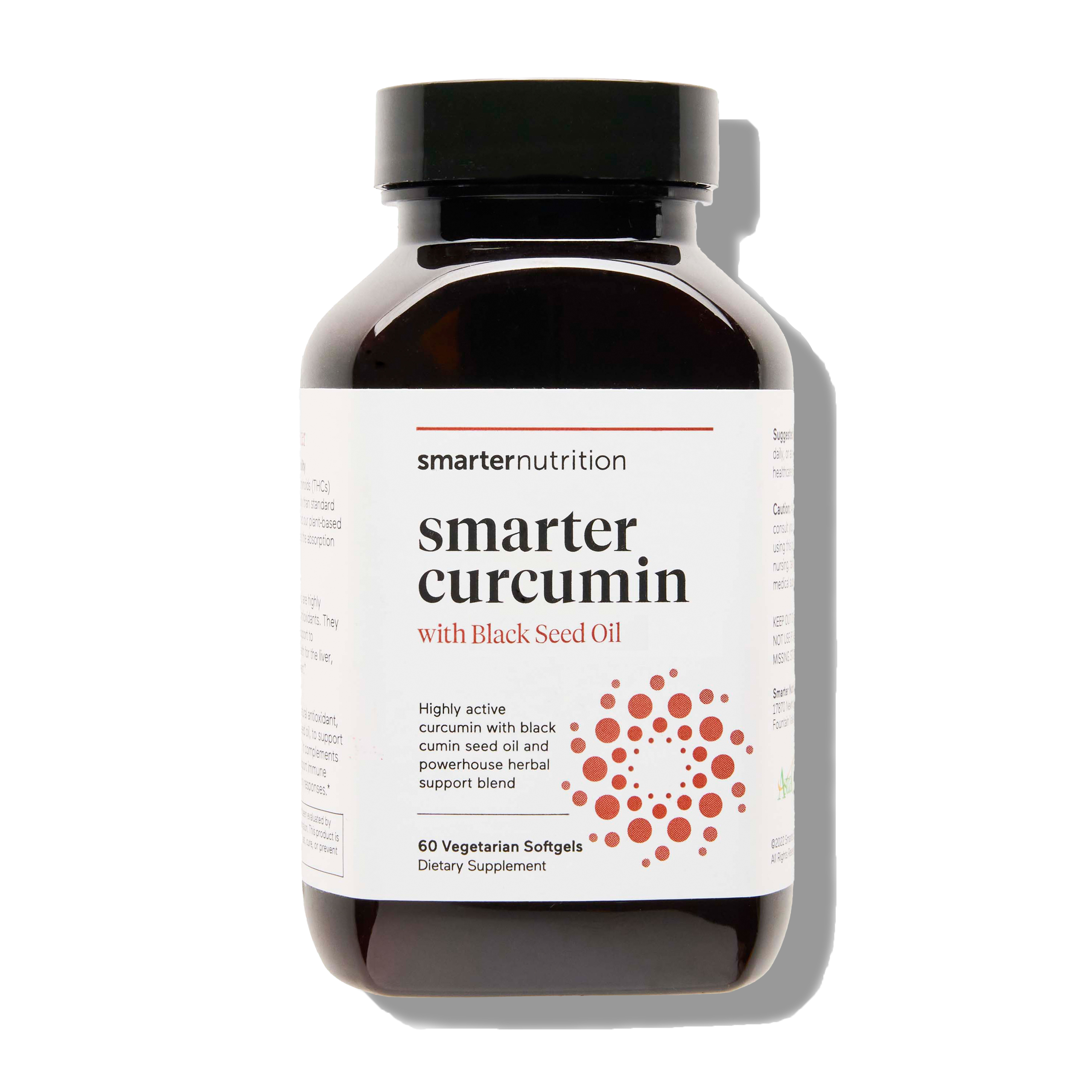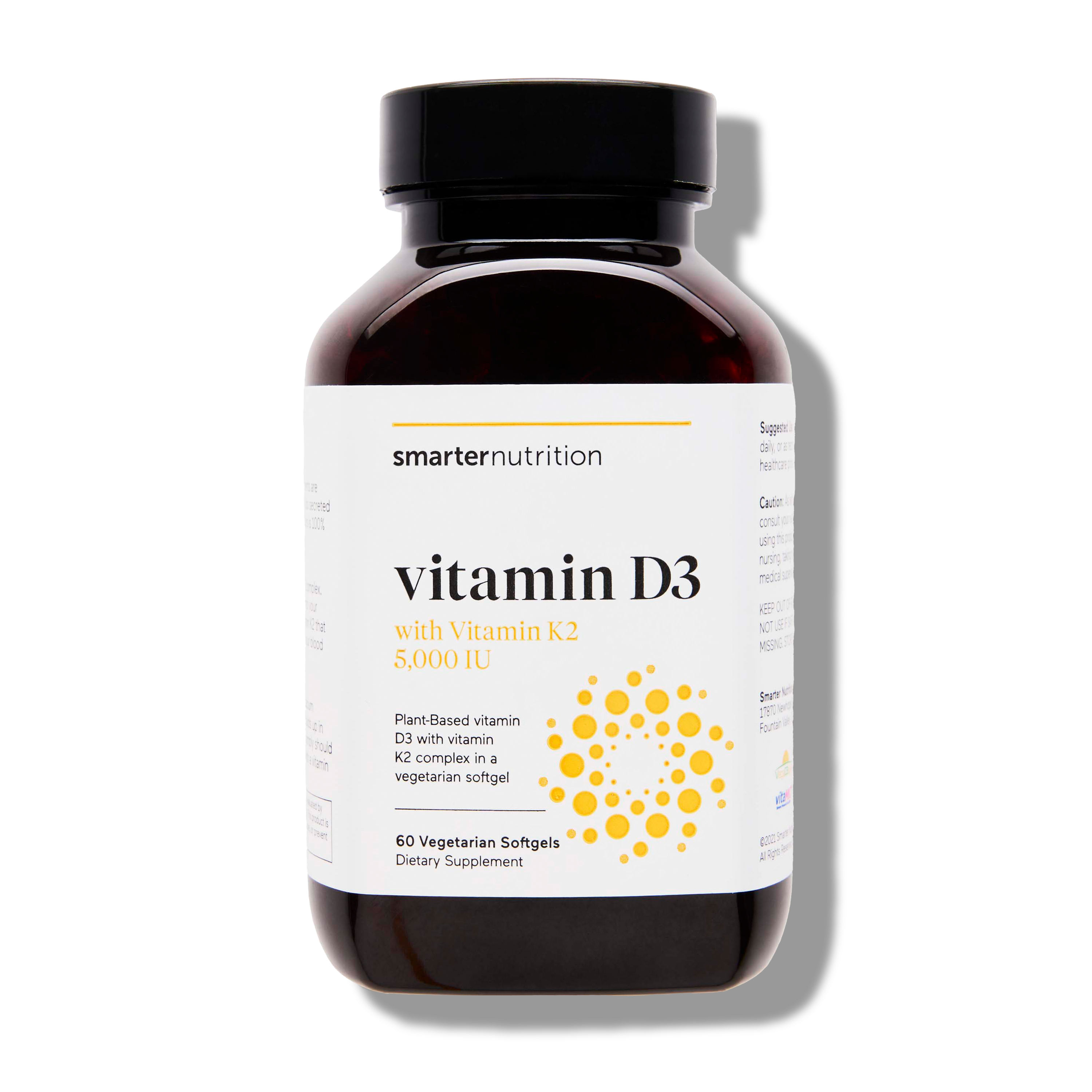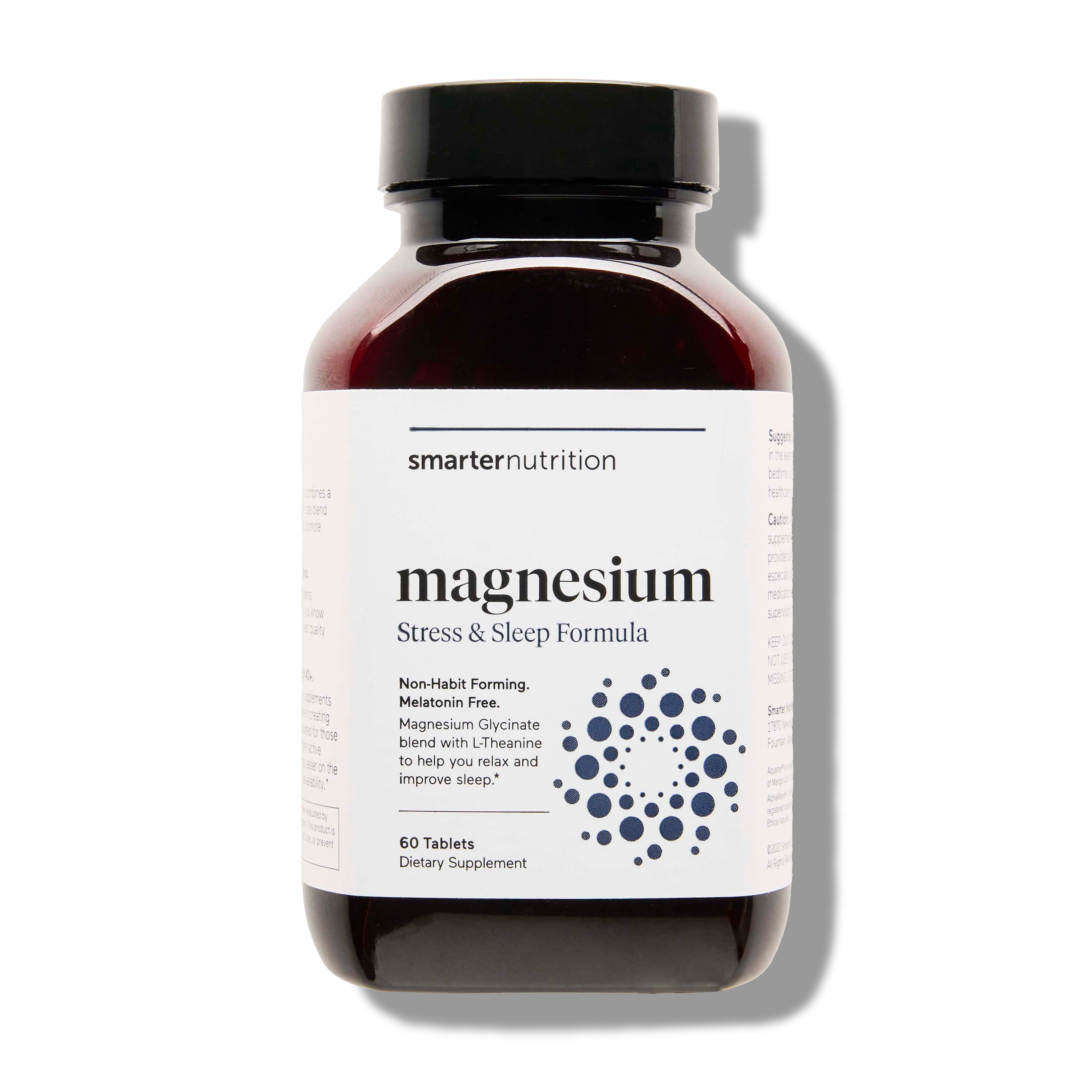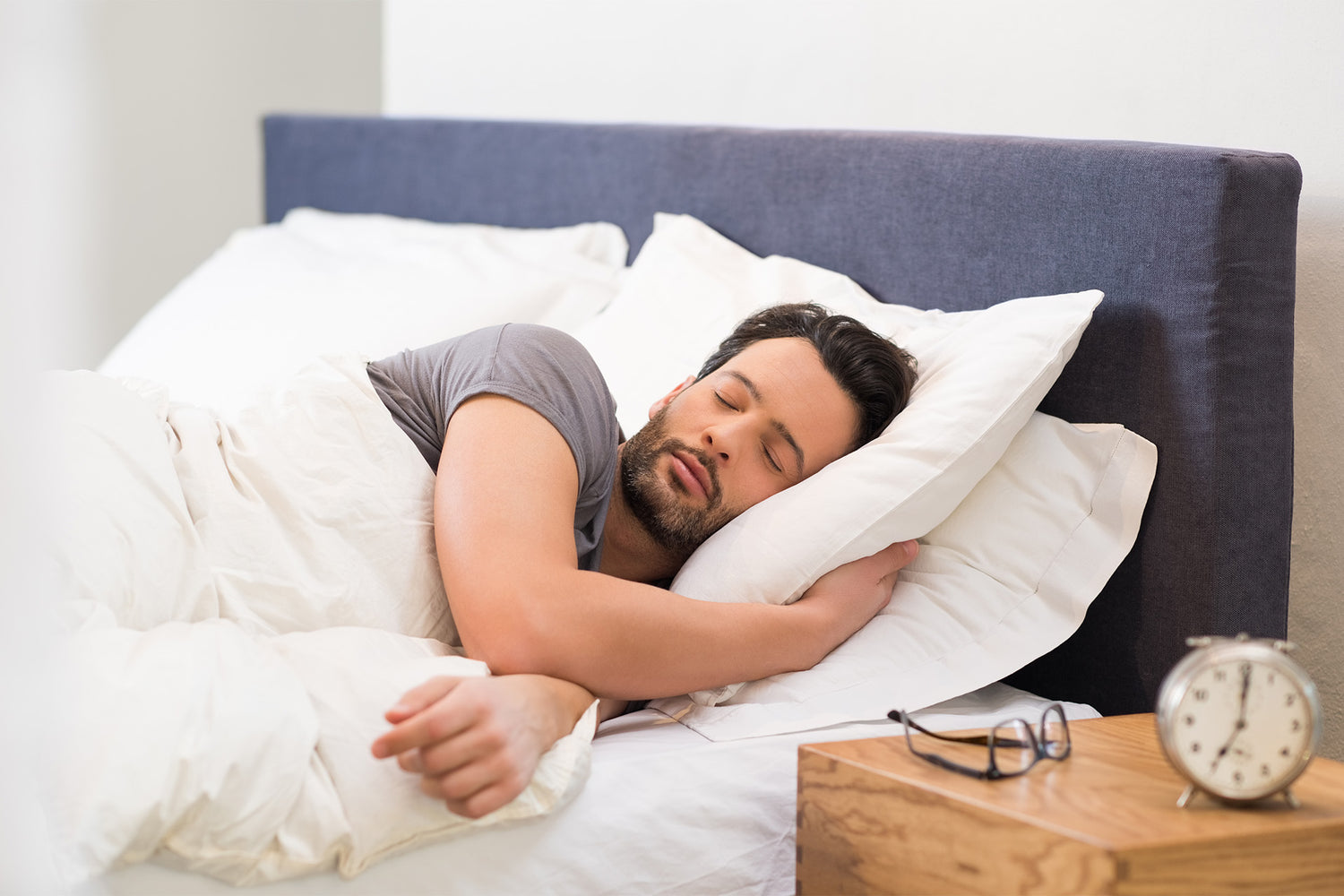Sleep Aids: Everything You Need to Know
If you regularly spend your nights tossing and turning, you’re not alone. More than 60 million Americans have trouble sleeping. Poor sleep can negatively affect both your emotional and physical health. Those who don’t get enough good nights of sleep often experience memory, concentration, and mood problems and are at a higher risk for depression, obesity, type 2 diabetes, heart disease and high blood pressure.
There are many tips for a better night’s sleep, like turning off the TV or drinking chamomile tea, those who truly struggle with sleep issues typically want something a little bit stronger. While many people turn to antihistamines and prescription sleep aids, natural sleep-promoting supplements are generally considered safer because they have less side effects.

Natural, Non-Habit Forming Sleep Aids
1. Melatonin
The body naturally produces a hormone called melatonin to tell your brain that it’s time to go to sleep. Generally, the body’s melatonin levels naturally increase in the evening and decrease in the morning. Supplementing melatonin may help support normal sleep, including the time it takes to fall asleep. Although more research is still needed, melatonin supplements appear to be safe for adults to use for extended periods of time.
Smarter Sleep is formulated with two primary ingredients: Melatonin and Lactium®, a natural ingredient clinically proven to help you gently manage your emotional state. Smarter Sleep contains a lower amount of melatonin than some brands in order to avoid any potential habit forming side-effects. When combined, these ingredients naturally tuck you into bed and prepare you for sweet dreams.
2. Lavender
The soothing smell of lavender is used in lotions, beauty products, and even food. The flowery fragrance isn’t just a pleasant smell, studies have shown that smelling lavender oil before your head hits the pillow may enhance sleep quality. It’s important to note that while lavender aromatherapy is considered safe, it’s not suggested to ingest essential oils orally.
3. Valerian Root
An herb originally found in Asia and Europe, Valerian root is typically used to treat anxiety, depression, menopause, and sleep disorders. In the US and Europe, Valerian root is one of the most commonly used sleep-supportive supplements. Although study results are inconsistent and limited, valerian root appears to be safe for short-term use in adults.
4. Glycine
An amino acid essential to the nervous system, glycine may help lower body temperature in the evening to prepare for sleep. In 2006, researchers gave participants in a study 3 grams of glycine or a placebo right before they went to sleep. They found that those who took glycine felt less fatigued and more lively and clear headed in the morning.

Over-the-Counter Drugs
Diphenhydramine and Doxylamine are antihistamines found in a variety of sleep aid medications, however using these drugs long-term can potentially produce dangerous side effects, especially in older people.
The body naturally produces chemicals that regulate your sleep cycle. As the body prepares for sleep, the brain’s histamine levels decrease. You get sleepy when you take an antihistamine because it blocks excess histamine from producing.
Drawbacks
Using antihistamines can eventually stop being helpful if they’re taken long-term because the body can develop a tolerance. Researchers have also found that these medications can increase the risk for dementia and Alzheimer’s disease for up to 20 years after exposure. There are also a litany of potential side effects including drowsiness during the day, short-term memory loss, agitation, dry mouth, and increased heart rate.
Prescription Sleep Medications
Powerful drugs like benzodiazepines and nonbenzodiazepines target different parts of the brain and are designed to be used short-term only under the direction of a doctor.
- Benzodiazepines target a brain chemical that reduces nerve activity and promotes sleep; however, they can be addictive, cause daytime sleepiness and may be linked to dementia.
- Nonbenzodiazepines also target the same brain chemical, but they’re worked out of the body more quickly. While they have less side effects, nonbenzodiazepines still carry an increased risk for sleepwalking and daytime sleepiness.
Conclusion
Over-the-counter and prescription drugs are typically okay for people to use short-term, but they could increase your risk for memory disorders in the future if they’re taken long-term. Natural sleep aids are generally considered safe to use both short-term and long-term. If you’re having chronic sleep problems, talk to your doctor about the best option for you.
Sources:
-
Hopkins Medicine. “Natural Sleep Aids: Home Remedies to Help You Sleep.”
https://www.hopkinsmedicine.org/health/wellness-and-prevention/natural-sleep-aids-home-remedies-to-help-you-sleep
-
Petre, Alina. “9 Natural Sleep Aids That May Help You Get Some Shut-Eye.” Healthline. 2021.
https://www.healthline.com/nutrition/sleep-aids
-
Jennings, Kerri-Ann. “How Magnesium Can Help You Sleep.” Healthline. 2017.
https://www.healthline.com/nutrition/magnesium-and-sleep
-
Whelan, Corey. “Is It Safe to Take an Antihistamine for Sleep Every Night?” Healthline. 2021.
https://www.healthline.com/health/healthy-sleep/antihistamine-for-sleep
-
Harvard Health Publishing. “Are drugstore sleep aids safe?” 2021.
https://www.health.harvard.edu/staying-healthy/are-drugstore-sleep-aids-safe




